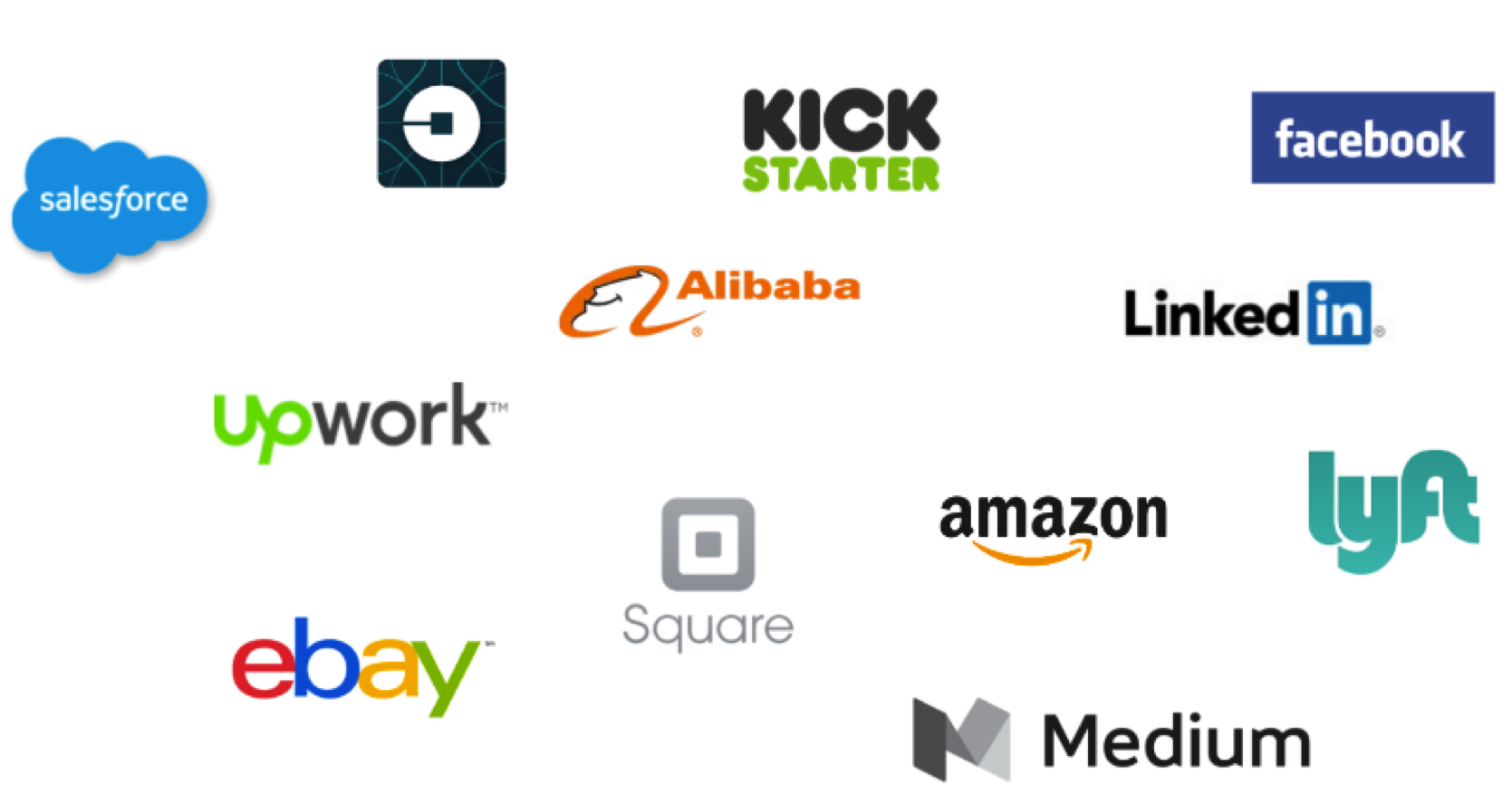
Trust and the 'Platform Economy' – Part 2
Posted on 16th May 2017
Welcome to the Business Empathy Forum and thank you for your visit. In this post I continue my discussion of on-line platforms and the implications of this powerful model for trust and empathy in business. I begin by offering simple definitions of several terms that tend to come up when discussing platforms.
What Does The Model Mean for Trust in Business?
The first is ‘network effect’. The basic idea is that a good or service grows in value as more people use it. The internet itself is an example: when it was created several decades ago it was mainly used by the military and research laboratories, and didn’t have much economic value. Over time, as users came on-line and more websites were created, there were more people and businesses to connect with, and the value of the internet grew. The same economic principle applies to muscular on-line platforms like Amazon and Facebook, to name just two: the more people use them, the greater their value to vendors and customers.
Another key concept is ‘digital property’, defined by Everplans as “any information about you or created by you that exists in digital form, either online or on an electronic storage device, including the information necessary to access the digital asset.” This is often broken down into three categories for more precise classification:
- ‘Personal digital property’ can be hardware, domain names, intellectual property (IP), on-line accounts and websites, and any information that is stored electronically. Needless to say this is a very broad definition, but it begins to provide a framework.
- ‘Personal digital property with monetary value’: this category may include hardware that has monetary value, websites that generate revenue, domain names, accounts that move or manage money, and IP that can generate money, such as eBooks, music, photographs, or artwork.
The third category is ‘digital business property’ (my italics), and here we begin to glimpse the enormous potential of the big on-line platforms, particularly with their access to untold quantities of customer information. According to Everplans, “Digital business property may include any digital property owned by a business organization, any online accounts registered to the business, any assets of an online store you manage, such as your own online store or an eBay, Etsy, or Amazon store through which you sell things; any mailing lists, newsletter subscription lists, or email lists containing your company’s clients, and any client information, including customer history.”
Where to begin? The concept of ‘digital business property’ – and particularly how to regulate and tax it – is fascinating, and relatively new in economic, social, and legal terms. With so much to choose from, the point I would like to focus on in my next post is the relationship between digital ‘landlords’ and ‘tenants’, and what that implies for trust and empathy in the commercial world.
Good luck, and until next time…

